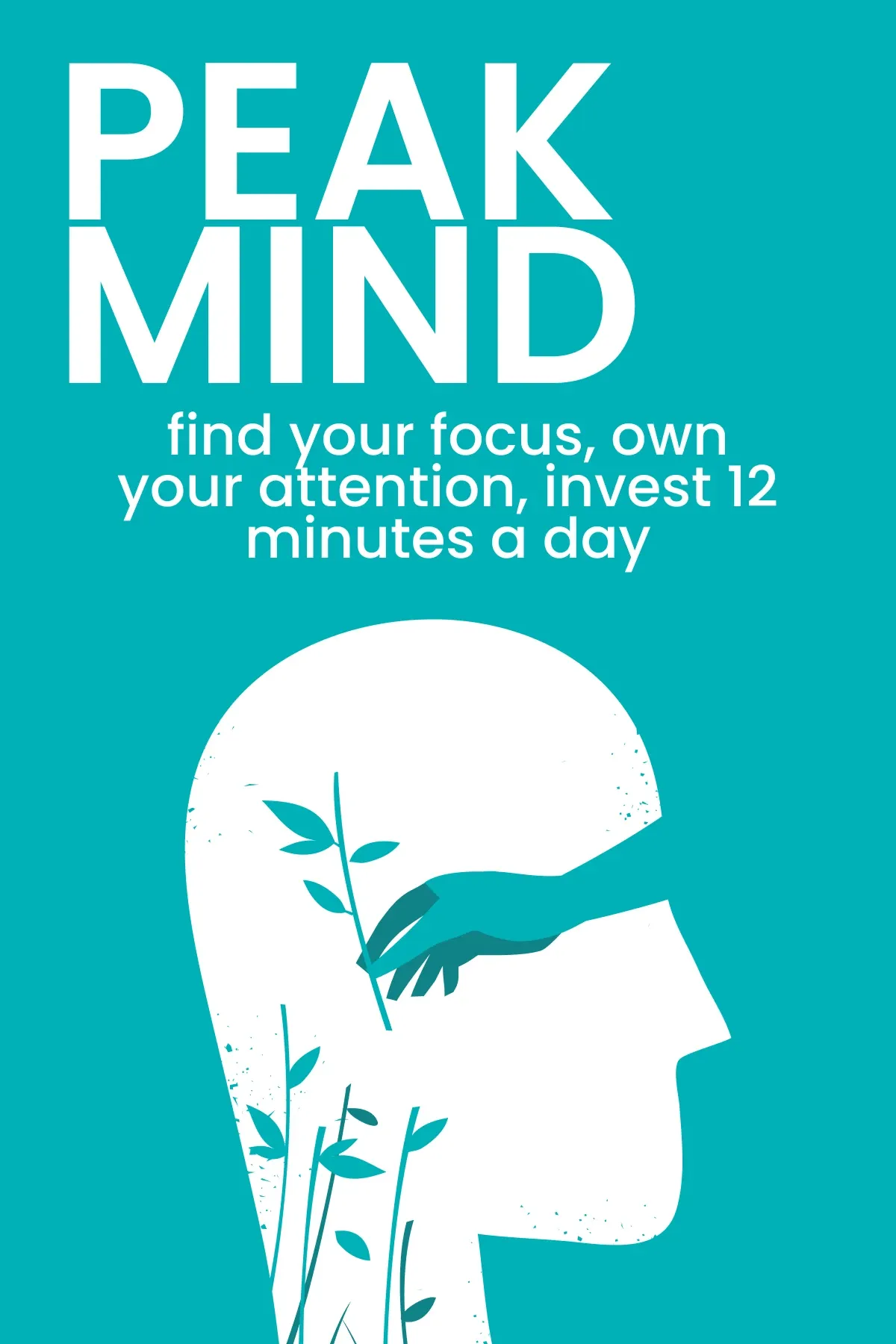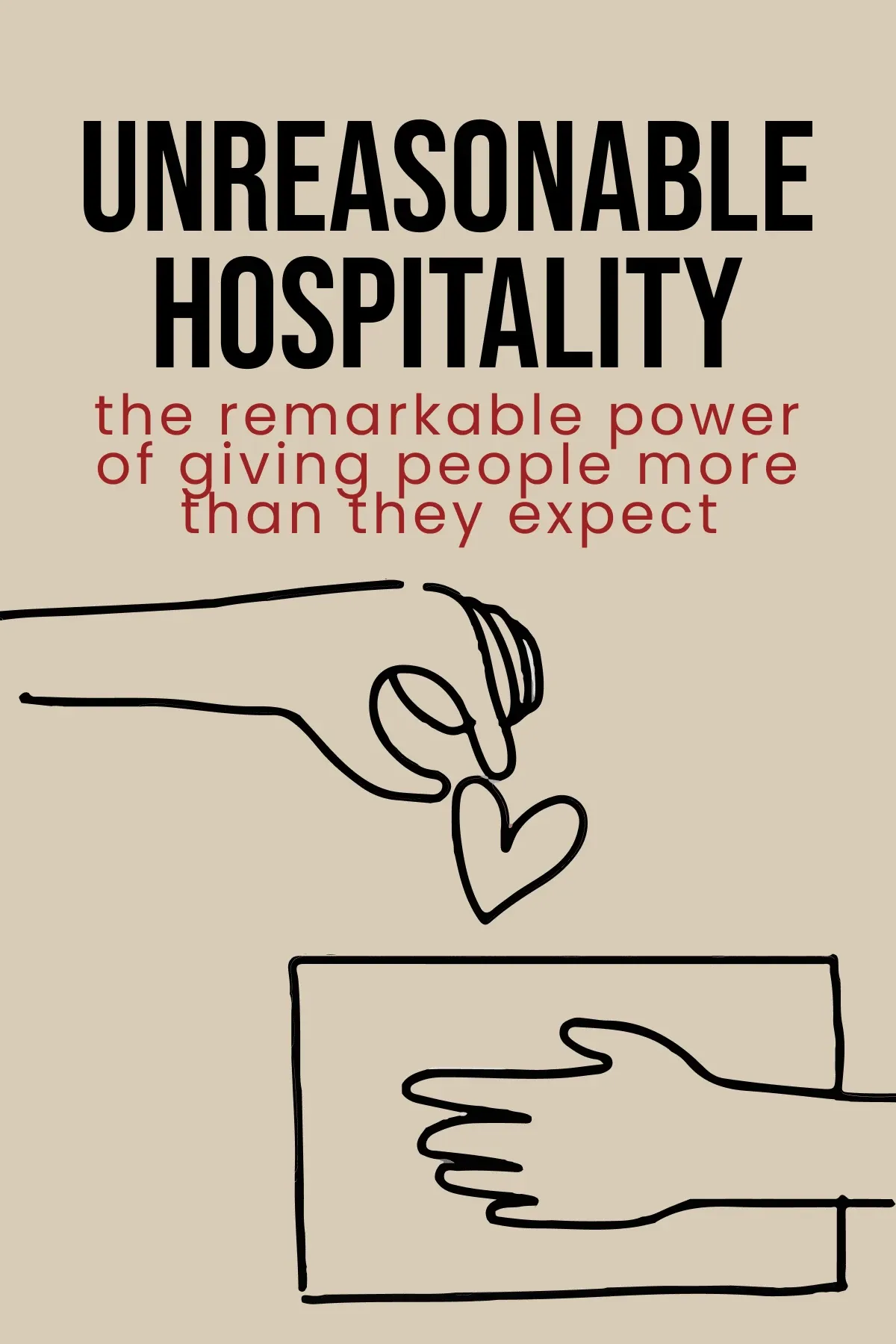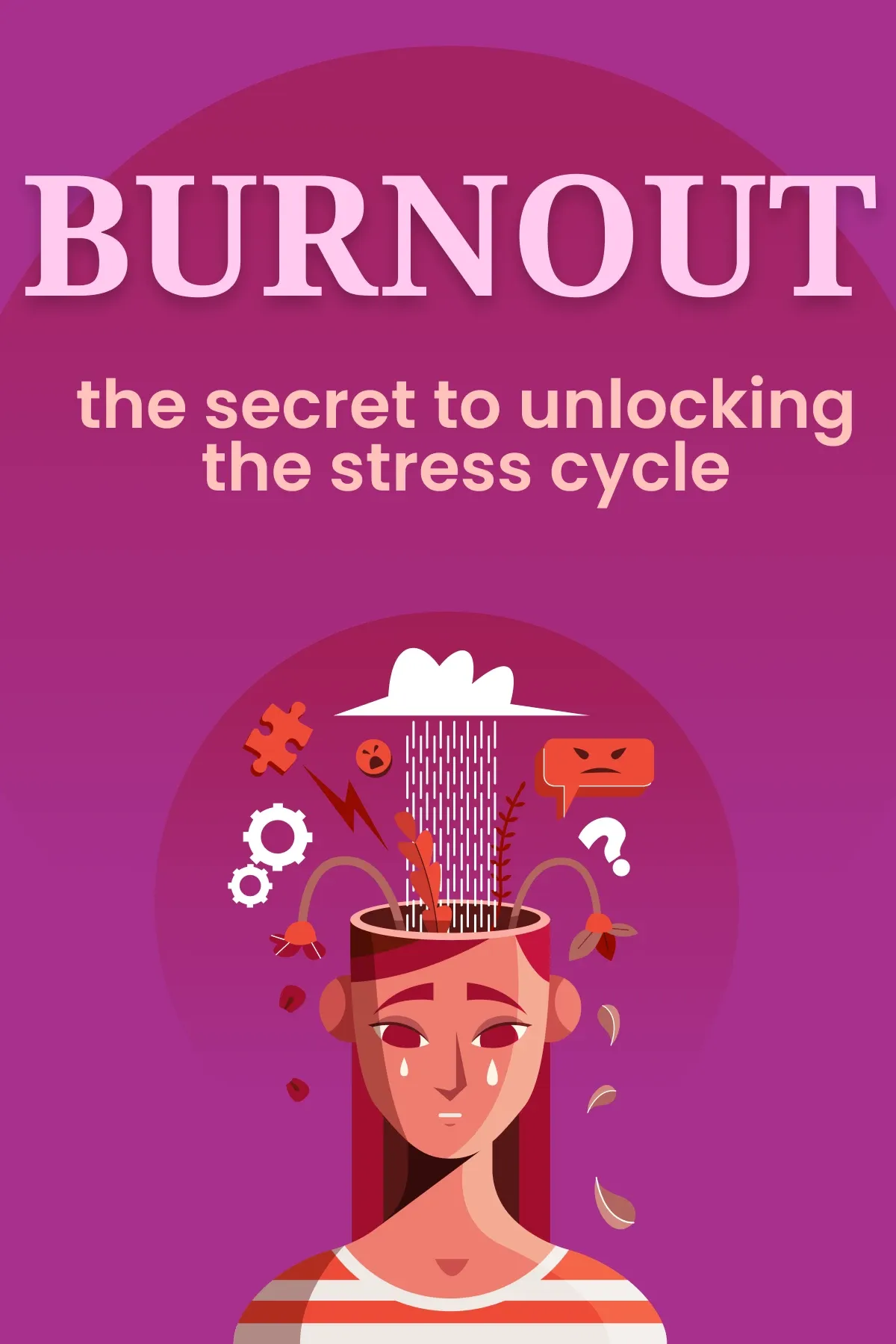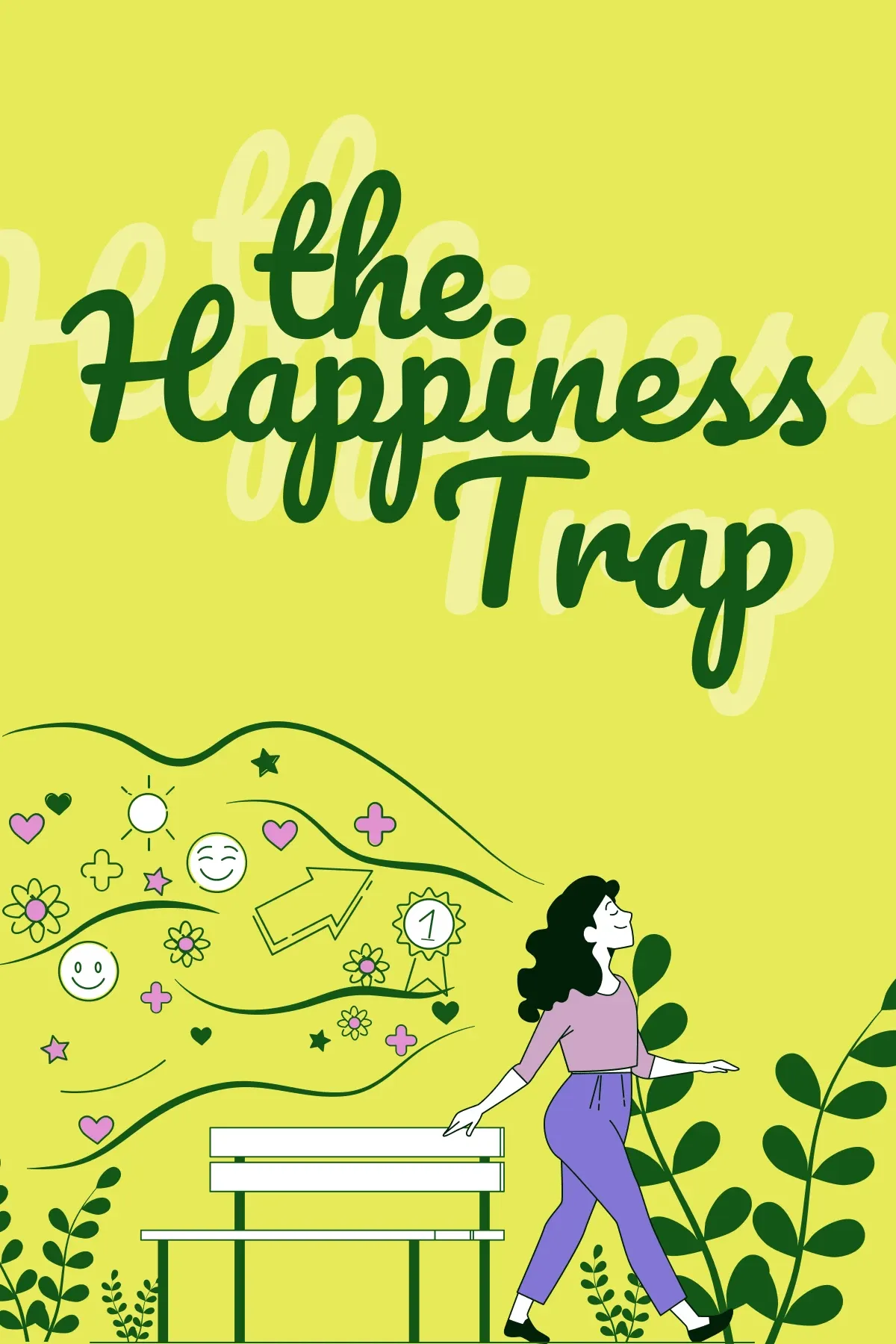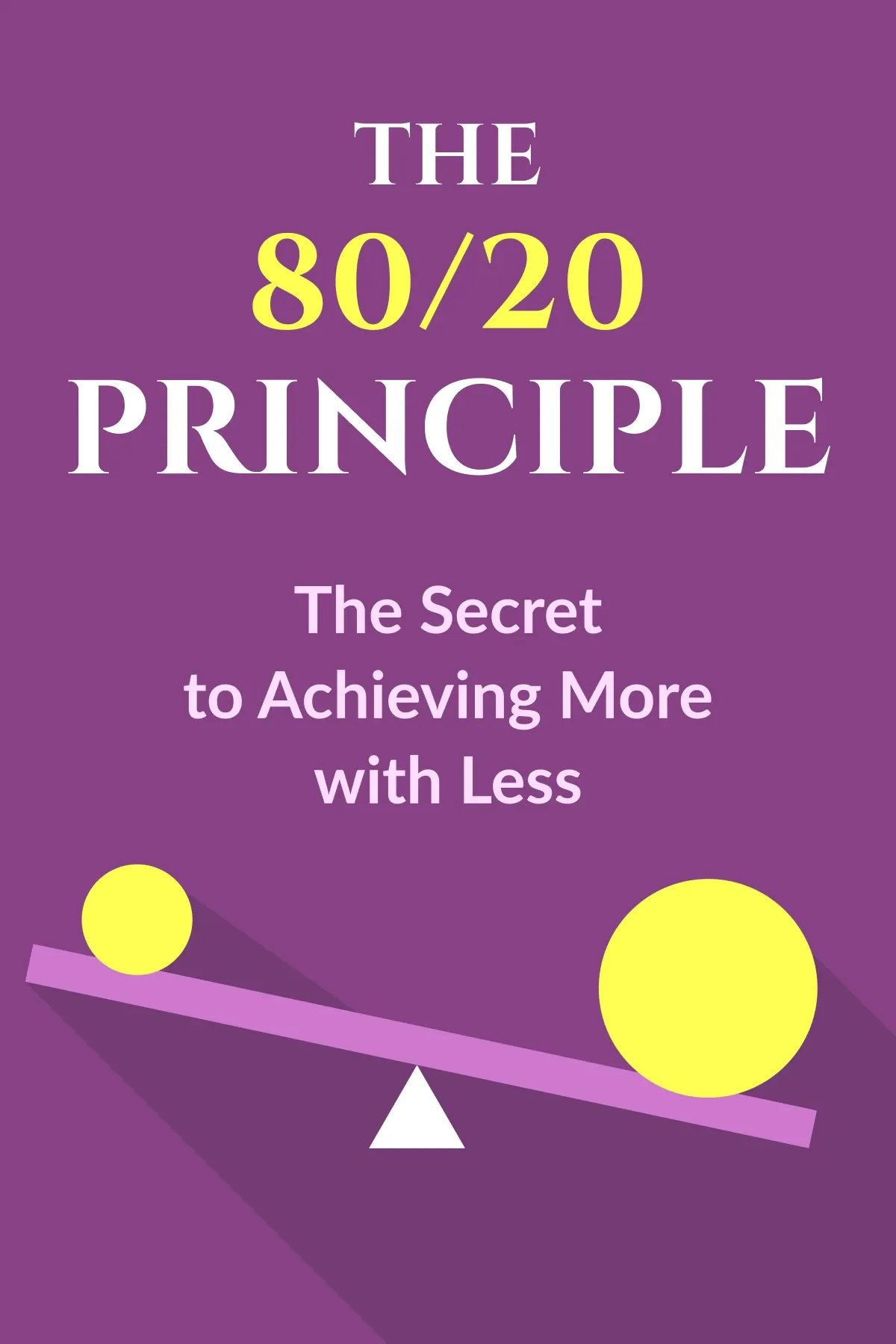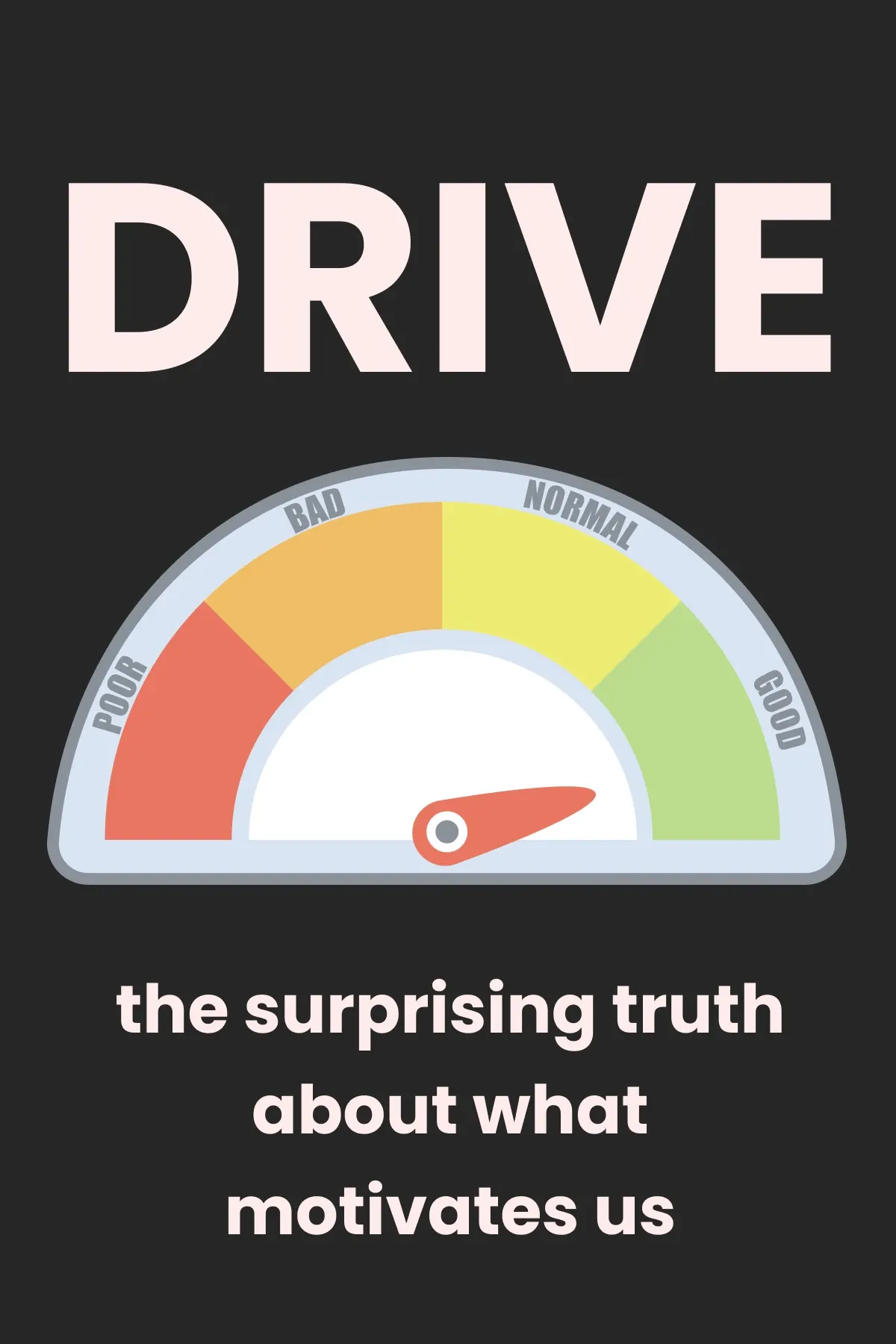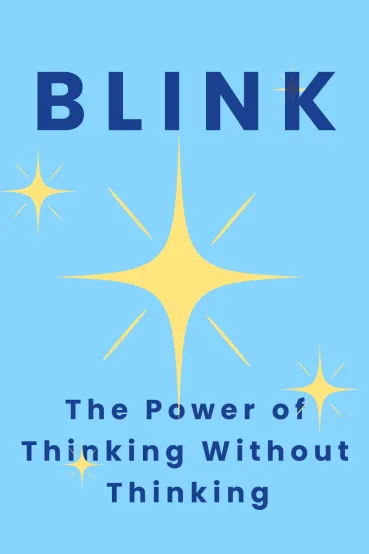
Blink
Brief Summary
Discover the Power of Snap Judgments with “Blink”. In this captivating book, Malcolm Gladwell explains intuitive decision-making and our choices. “Blink” will change how you see your mind and empower you to make better decisions instantly.
Topics
Key points
Key idea 1 of 7
The human brain has two fascinating decision-making systems. They operate differently, depending on the situation.
The first involves carefully considering the advantages and disadvantages. It helps us reach a logical conclusion. This method, however, won’t work in unexpected situations because it is time-consuming and unsuitable when time is scarce.
The second way is swift, akin to a lightning strike. It relies on instincts rather than deep analysis. This rapid strategy has developed throughout human evolution. Here, our subconscious takes charge of impromptu judgments. This unconscious part of the brain rapidly processes situations and arrives at decisions without conscious awareness. We do everything more effortlessly as our conscious mind is no longer in charge.
Interestingly, snap decisions often prove better. However, people tend to be too careful with them because they are afraid to rely on intuition or feelings. For example, seasoned chess players can predict opponents' moves intuitively. Similarly, art experts can instinctively detect counterfeit art and only later explain it rationally.
The subconscious mind recognizes patterns and regularities faster than the conscious mind. In crucial moments, trusting our snap decisions can lead to better outcomes. Allowing our subconscious mind to contribute can improve how we navigate life's choices.
Making decisions is essential, but trying to analyze everything can be overwhelming. Instead, it's better to focus on a few important things and ignore the rest. Usually, our instincts already know the best answer. It's incredible how our unconscious mind streamlines decision-making. It's like having an internal compass that guides us away from distractions.
Attempting to analyze every piece of information can impede making accurate predictions. Numerous irrelevant details can obscure the few critical ones that truly matter. For example, when predicting how someone’s friendship will go, pay attention to signs like contempt in their interactions. Don't get caught up in small details like body language, which might not matter as much. Focusing on trivial aspects, like their feet or posture, may cause you to overlook more significant indicators.
Our unconscious mind is skilled at knowing what's important. It helps us filter out irrelevant stuff. Therefore, we concentrate on what really counts, just like psychologists do. Snap judgments, though quick, can be reliable because our unconscious knows what to look for. So, trust your gut feelings when making decisions. Next time you have to decide about something, trust your instincts and let your unconscious help you.
FAQ
You may also like these summaries




